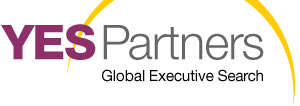The blockchain is one of the latest and greatest technological developments to hit our society. This new innovation might have massive implications on the ways we work, and c-level staff needs to be ready for the changes that this new technology will bring.
What is blockchain?
To put it simply, blockchain is a shared database that exists on multiple computers throughout the world and which is continually updated. This database is open to the public, and since there is no centralized location for the data, it's virtually impervious to hackers. It operates through the use of "smart contracts," which automate exchanges based on pre-set conditions. Every 10 minutes, every exchange on a chain is grouped together in a "block" and added to the chain. Once a block is created, it is impossible to edit the transactions.
Blockgeeks uses the analogy of Google Docs to help illustrate the idea of the blockchain. Instead of sending a Microsoft Word file back and forth to see edits on a piece of text, a shared Google Doc allows both parties to see the entire history of a document and contribute to it at the same time. It's a much more efficient and secure way of sharing information than our traditional methods, and experts expect the technology to grow in importance and use.
Who uses blockchain?
Right now, the Finance industry has made the most significant steps toward adopting blockchain, largely thanks to the trend of bitcoin. However, other sectors are catching up. Tech companies are diving into this new system and are coming up with creative ways to use the advancement. IBM, for example, has over 1,500 employees using a blockchain infrastructure called HyperLedger Fabric. The company transformed this infrastructure into an actual product in 2017. This new "Blockchain as a Service" (BaaS) product allows other companies and governments to set up their own highly-secure infrastructure networks on which to exchange sensitive information. Microsoft and Facebook are also exploring blockchain in their own offerings, as well as several other tech giants.
Regardless though, blockchain's usefulness will permeate into all other industries, from law to education. It has the potential to shape workflows and company structures in the future.
What does blockchain have to do with executive recruitment?
No matter what industry you are in, blockchain will leave a mark on it at some point. Though the changes have been slow so far, companies need to hire executives that are forward-thinking and ready to adapt to changing office ecosystems.
If your business is searching for new executive leadership, it's important to keep these qualities in mind. At YESPartners, we're proud to find future-focused leaders for companies around the world. To see some of the roles we have already successfully placed, click here.
Finding people is easy, but finding the RIGHT people is not. YES Partners helps companies FIND the right people for all company functions, across many industries.
















